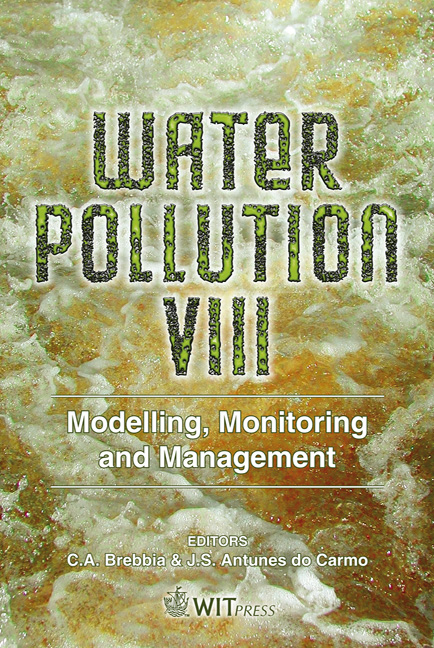Robust Optimisation Of Coastal Environmental Impact From Oil Spills Using A Flexible Evolution Agent And Finding The Optimal Course Of The Damaged Tanker
Price
Free (open access)
Transaction
Volume
95
Pages
10
Published
2006
Size
1,365 kb
Paper DOI
10.2495/WP060271
Copyright
WIT Press
Author(s)
B. González, B. Galván, E. Benítez, I. Martín, J. P. Ramos, H. Carmona & G. Winter
Abstract
We present a methodology that attempts to help spill decision responders select appropriate response options to minimize coastal environmental impacts when a tanker leaks oil into the sea. For example, which direction should the tanker head for – towards the open sea or a coastal area where the oil slick can be concentrated and picked up more easily? In this context, CEANI is developing a useful integrated decision-making on-line system for fast response in emergency situations named the Alermac System, incorporating the present methodology presented here. The main targets of the ALERMAC project are the validation of data processing and on-line transmission from buoys, and the validation of a friendly and robust control system together with integrated simulation and risk assessment tools for decision-making in the rapid response required in emergency situations so as to minimize the environmental and socio-economic impact of marine spills. In order to solve this optimization problem, we use Evolutionary Intelligent Agent-based software named Flexible Evolution Agent (FEA), in a context of robust design optimisation. Keywords: oil spill, environmental impact, decision-making on-line system, robust design optimization.
Keywords
oil spill, environmental impact, decision-making on-line system, robust design optimization.





